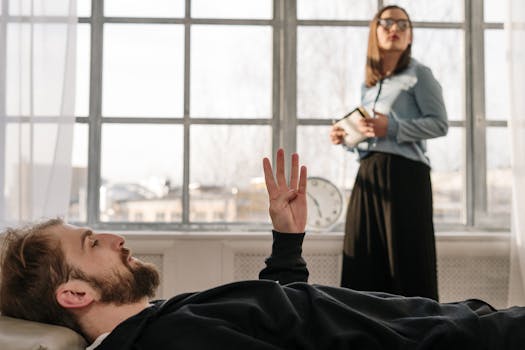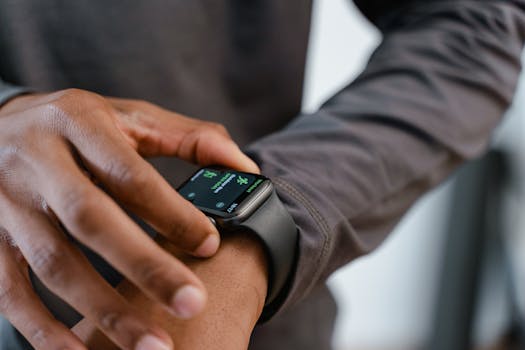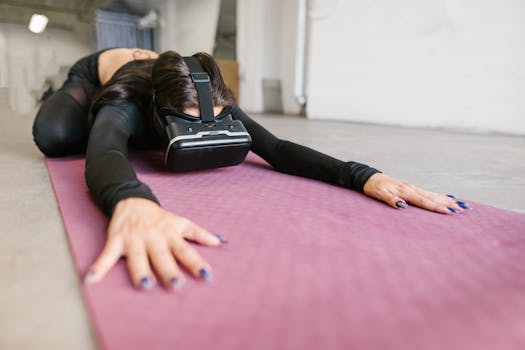Boost Your Mood: How Exercise Can Help Manage Anxiety and Depression
Takeaways: Exercise is not just about physical fitness; it’s a crucial tool for enhancing mental health. Engaging in regular physical activity can significantly reduce symptoms of anxiety and depression, boost your mood, and improve your overall well-being. Let’s explore how breaking a sweat can lead to a happier, healthier you!
Hey there! If you’re anything like me, you know that life can sometimes feel like a rollercoaster of emotions. One minute you’re on top of the world, and the next, you’re grappling with feelings of anxiety or a cloud of sadness. I’ve been there, and it’s tough. But here’s the good news: I discovered that exercise can be a game-changer for managing those pesky feelings of anxiety and depression!
Why Exercise Matters for Mental Health
Let’s dive into why exercise is such a powerful tool for boosting our mood. When you exercise, your body releases endorphins, often dubbed the “feel-good” hormones. These little guys interact with the receptors in your brain to create a positive feeling in the body and reduce the perception of pain. It’s like your body’s natural painkiller!
But it’s not just about endorphins. Regular physical activity can also lead to:
- Reduced Stress: Exercise can lower levels of the body’s stress hormones, such as adrenaline and cortisol. When I hit the gym or go for a run, I often feel a significant reduction in stress.
- Improved Sleep: Struggling with insomnia? Regular exercise can help you fall asleep faster and deepen your sleep. Trust me; after a good workout, I sleep like a baby!
- Boosted Self-Esteem: Achieving fitness goals, no matter how small, can enhance your confidence and self-worth. Completing a challenging workout gives me a sense of accomplishment that spills over into other areas of my life.
Finding the Right Type of Exercise
Now, you might be wondering, “What type of exercise is best?” The great thing about exercise is that it doesn’t have to mean hitting the gym for a heavy workout. It can be as simple as taking a walk in your neighborhood or dancing in your living room!
Here are some exercise ideas that can help lift your spirits:
- Walking or Running: Getting outdoors and moving your legs can be incredibly refreshing. I love taking long walks in the park; it clears my head and lifts my mood.
- Yoga: This practice is not just about stretching; it combines physical activity with mindfulness. The deep breathing and focus can be incredibly calming.
- Dancing: Put on your favorite playlist and dance like nobody’s watching! It’s a fantastic way to express yourself and release those endorphins.
- Team Sports: Joining a local sports team can provide both exercise and social interaction, which is a double win for mental health!
Making Exercise a Habit
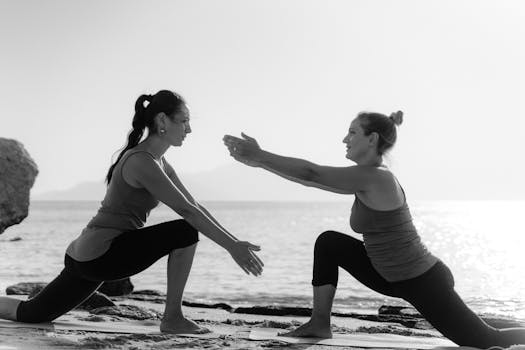
- Set Realistic Goals: Start small. Aim for just 10-15 minutes a day and gradually increase your time as you feel more comfortable.
- Find a Buddy: Exercising with a friend can keep you motivated and make it more enjoyable. I’ve had some of my best workouts with a buddy by my side!
- Schedule It: Treat your workout like an important appointment. Put it on your calendar and stick to it!
Remember, the key is consistency, not perfection. Some days will be easier than others, and that’s completely okay!
FAQs
1. How much exercise do I need to see benefits for my mental health?
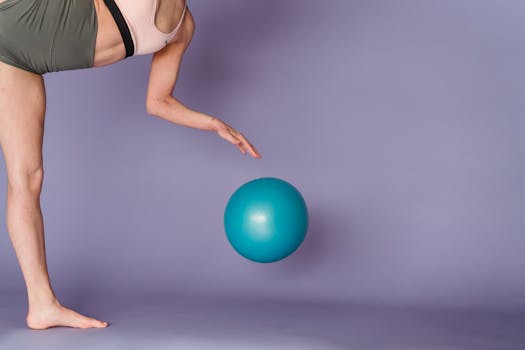
2. Can exercise replace therapy or medication for anxiety and depression?
While exercise can be a powerful tool for managing symptoms, it’s important to consult with a healthcare provider about the best treatment plan for you.
3. What if I don’t enjoy traditional exercise?
There are countless ways to get moving that don’t feel like a workout. Gardening, playing with pets, or even cleaning your house can provide physical activity and mood-boosting benefits!
4. How do I stay motivated to exercise regularly?
Finding an activity you genuinely enjoy is crucial. Mix it up, try new things, and remember to celebrate your progress, no matter how small!
5. Is it normal to feel anxious about exercising?
Absolutely! Many people feel a bit anxious before starting. Start slow, focus on how good you feel afterward, and gradually build your confidence.
